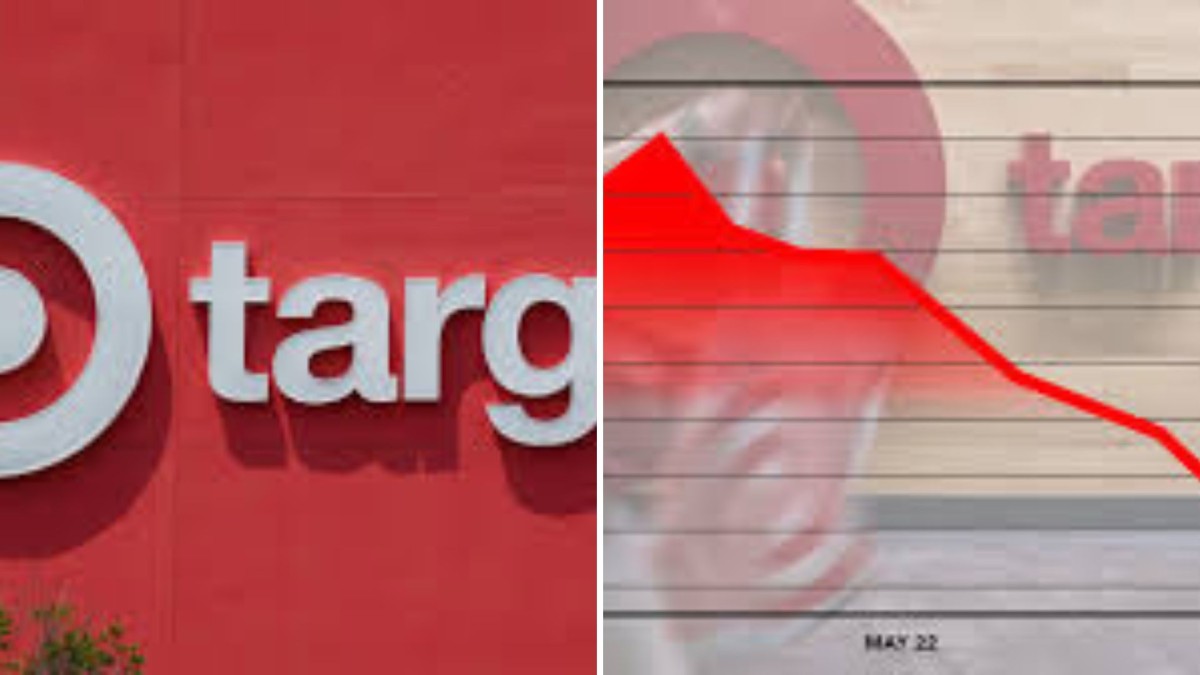Target reported another quarter of declining sales on Tuesday, highlighting the growing challenges the retailer faces amid broader industry headwinds and internal struggles. The company’s same-store sales fell for the third consecutive quarter, raising fresh concerns about its ability to retain market relevance.
According to its latest earnings report, Target’s comparable sales dropped [Insert Percentage]% during the fiscal second quarter, with both in-store and digital traffic showing weakness. Executives pointed to cautious consumer spending, ongoing inflationary pressures, and waning demand for discretionary items such as apparel, home goods, and electronics.
“We’re operating in a very dynamic environment,” said Chief Financial Officer Michael Fiddelke. “Customers are continuing to prioritize essentials, and that’s impacting our sales mix and margins.”
The sales decline coincides with the announcement of a new CEO, adding another layer of complexity to an already challenging situation. While the company is aiming for a reset in strategy, analysts caution that Target will need more than a leadership change to regain its footing.
“Target is facing a fundamental shift in consumer habits,” said Julie Tran, senior retail strategist at MarketScope. “People are shopping less often and are more price-sensitive than ever. The company needs to rethink how it competes not just on price, but also on value and convenience.”
Despite the disappointing results, Target did highlight some bright spots, including growth in its private-label brands and continued investment in supply chain modernization. However, executives stopped short of offering full-year guidance, citing economic uncertainty.
Shares continued their slide in after-hours trading, as Wall Street digests both the earnings results and the implications of the leadership change. With back-to-school and holiday shopping seasons ahead, the pressure is now squarely on the new CEO to deliver a turnaround.


